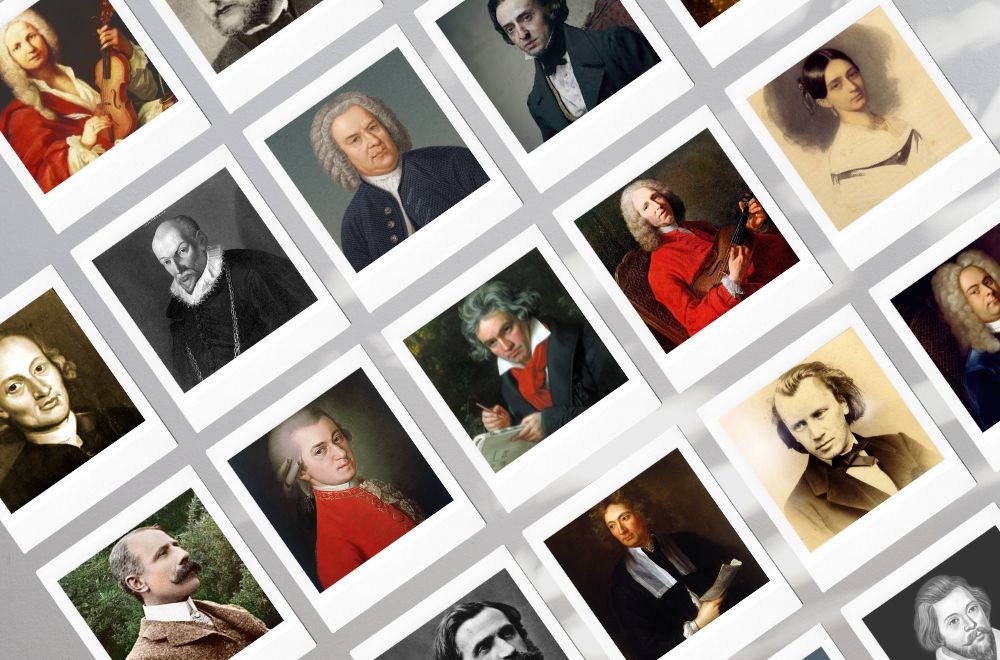Download (PDF, 7.32MB)
INTRODUCTION
Human history as cultural history
We need to reform our teaching of history so that the emphasis will be placed on the gradual growth of human culture and knowledge, a growth to which all nations and ethnic groups have contributed. In fact, the millennia-long accumulation of knowledge and culture is a much more important part of human history than the wars and power struggles of rulers and national governments.
Against nationalism
Today, in an era of all-destroying nuclear weapons, instantaneous global communication and worldwide economic interdependence, nationalism has become a dangerous anachronism. History, as it is taught today, is centered on the country where it is being taught. Our own country is the most important. Our own country is always in the right, according to nationalist historians. Patriotic soldiers and generals are exalted. It is sweet and noble to die for one’s country. But today, war has become prohibitively dangerous. Unless we rid the world of nuclear weapons, the end of human civilization and much of the biosphere is just around the corner.
Cultural history can be seen as an antidote for nationalism. It allows us to take a wider view of the world, where cooperation is more important than conflict, and where the contributions of all nations, cultures and ethnic groups are recognized.
Other books on cultural history
This book is part of a series on cultural history. Here is a list of the other books in the series that have, until now, been completed:
The pdf files of these books may be freely downloaded and circulated from here, here and here.
Read the entire book above or download it here.
We thank John Scales Avery, a renowned intellectual, EACPE board member, and theoretical chemist at the University of Copenhagen, for giving us permission to reproduce his latest book for EACPE.









